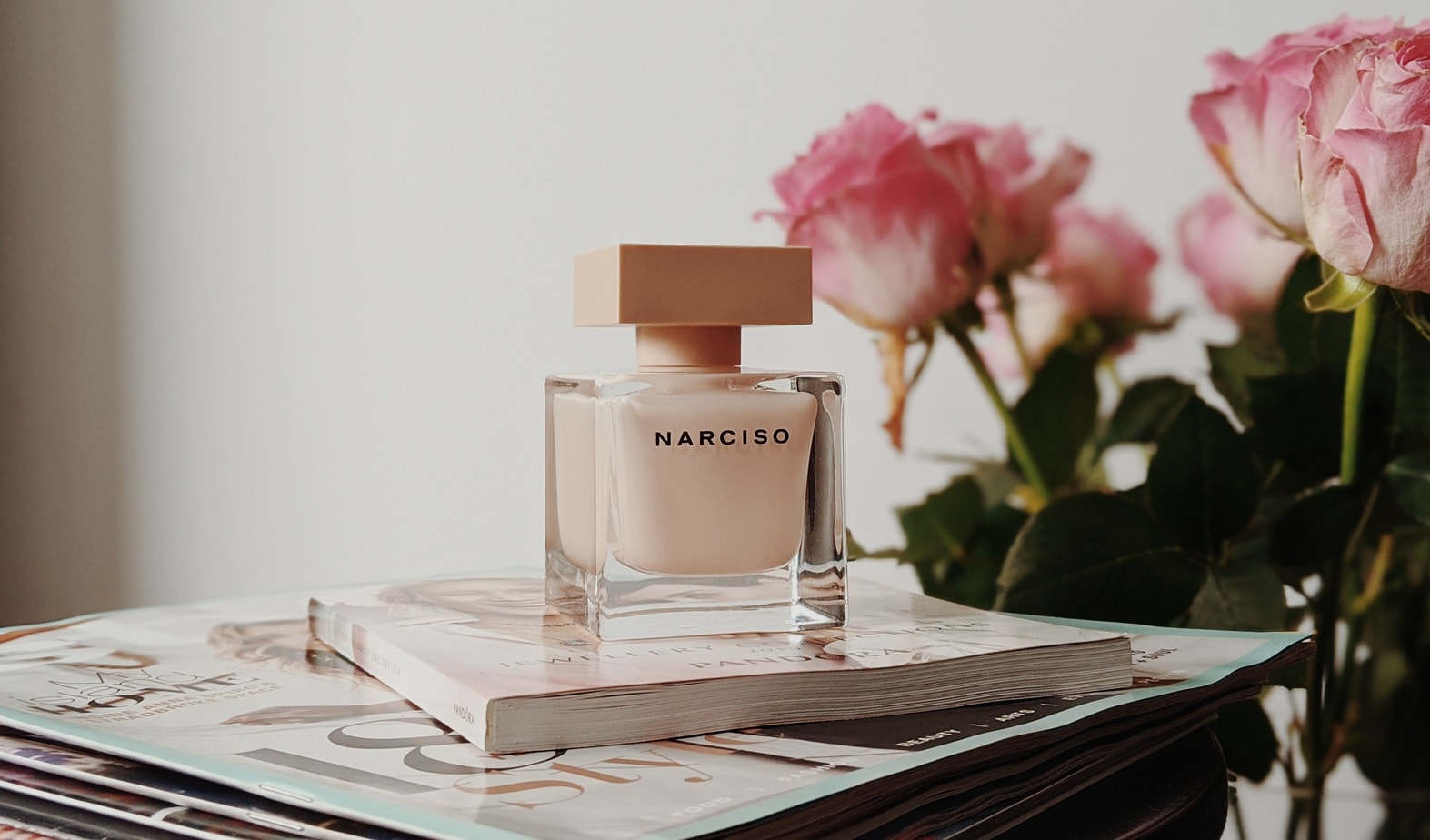
The right perfume complements the styling. Scent can make a woman feel beautiful and confident, and a man feel unique and attractive. Perfumes are considered to be luxury products, shrouded in mystery, about which we still do not know many things. Today we present facts that most people have no idea about!
Humans have a limited number of perceptible smells. Especially when it comes to perfumes, which guarantee strong olfactory stimuli. Experts say that you cannot smell more than 3 fragrances at once in a drugstore. After this amount, our sense of smell starts to go crazy. We do not know which perfume we liked the most, and over time, each smells the same. Going to the store it is better to make a list of perfumes that we want to check. The second very important thing is the environment. When we smell perfume in a drugstore, where the intensity of different scents is high, we do not feel them precisely. If we want to buy a perfume on the spot, we recommend applying it to our wrists, then walk through other stores and after 60 minutes check how it smells and whether the smell suits us. Often, what we smelled in the drugstore is significantly different from how the final fragrance developed on our skin
Coffee containers lined up on perfume shelves are an everyday sight. Both consumers and retailers assume that coffee will cleanse the scent receptors and we will be able to sniff another perfume all over again. Nothing could be further from the truth. Coffee is known for its neutralizing properties, but it only works on bad smells that emanate from the fridge, kitchen, or pantry. If you rub your hands with it and they smell of garlic or onions, it will also neutralize them. However, it will not help when it comes to clearing odor receptors. Instead of helping, it can only do harm, because for our nose will get another smell
It may sound funny, however, there is a perfect way to sniff perfume. Then they will be more strongly felt, and our nose will register all the chords in their composition. How to do it? Perfume should be sniffed with a shallow and quick inhalation. This is enough to get to know its true and deep fragrance. Moreover, it is not recommended to test perfumes on paper strips available in the drugstore. If you want to see how they behave on the skin, you should spray them on your wrists and then wait 60 minutes.
This is definitely true. Each of us knows the situation when you admire a friend’s perfume, but after buying it you do not like it anymore. This happens very often and there is nothing strange about it. And why? Because the smell we smell depends largely on ourselves. It is influenced by the medication we take, our lifestyle, and even our age. Large impact has the amount of alcohol consumed, smoking, and even diet. What is more, perfumes last much worse on dry skin
It is assumed that the first perfume was created 4 thousand years ago. Devices used to produce fragrances, as well as remnants of their essence, were found in Cyprus. The find included ancient amphorae with fragrances. These included scents of laurel, pine, rosemary and lavender. The distillers and bottles found are the oldest such finds in the world. It is assumed that 4,000 years ago women smelled mainly of lavender and it is the world’s first fragrance applied to the human body
The first creator of perfume was the chemist Tapputi. Her name was found inscribed on Mesopotamian cuneiform tablets. Their origin dates back to the second millennium BC. Legend has it that the woman had an amazing sense of smell and talent. It is said that the essences she distilled came from flowers, myrrh, oils and calamus. She then added distilled water to them
Read also: 3 tricks to make your perfume last longer
Main photo: Valeriia Miller/ pexels.com